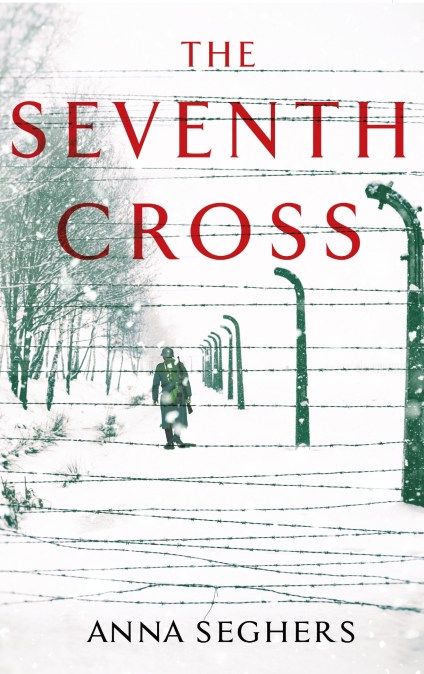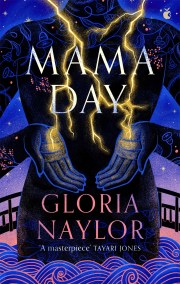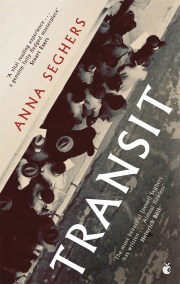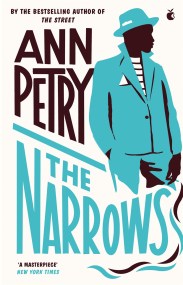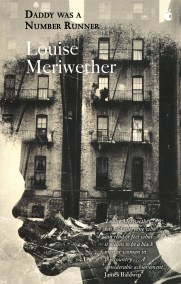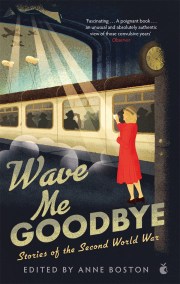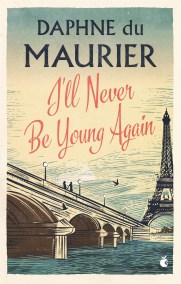A rediscovered German classic novel from 1942, never before published in the UK, The Seventh Cross is both a gripping escape story and a powerful novel of resistance.
‘At once a suspenseful manhunt story and a knowing portrait of the perils of ordinary life in Hitler’s Germany, The Seventh Cross is not only an important novel, but an important historical document. This new, unabridged translation is a genuine publishing event’ JOSEPH KANON, author of The Good German and Leaving Berlin
‘A masterpiece. Written in the midst of terror, but with such clarity, such acuity; Seghers is a writer of rare insight’ Rachel Seiffert, author of A Boy in Winter
Seven prisoners escape from Westhofen concentration camp. Seven crosses are erected in the grounds and the commandant vows to capture the fugitives within a week. Six men are caught quickly, but George Heisler slips through his pursuers’ fingers and it becomes a matter of pride to track him down, at whatever cost.
Who can George trust? Who will betray him? The years of fear have changed those he knew best: his brother is now an SS officer; his lover turns him away. Hunted, injured and desperate, time is running out for George, and whoever is caught aiding his escape will pay with their life.
The Seventh Cross powerfully documents the insidious rise of a fascist regime – the seething paranoia, the sudden arrests, the silence and fear.
‘A fascinating insight into life in pre-war Nazi Germany just as the horrors of the Nazi regime were beginning to unfold. This is an important novel, as much for its picture of German society as for its insight into the psyche of ordinary people confronting their personal fears and mixed loyalties’ Simon Mawer, author of The Glass Room
‘It was [Seghers] who taught my generation and anyone who had an ear to listen after that not-to-be-forgotten war to distinguish right from wrong. The Seventh Cross shaped me; it sharpened my vision’ – Gunter Grass
The Seventh Cross was written by one of the most important German writers of the twentieth century. Her aim was to write, ‘A tale that makes it possible to get to know the many layers of fascist Germany through the fortunes of a single man.’ She had four copies of the manuscript: one was destroyed in an air raid; a friend lost the second copy while fleeing the Nazis; another was found by the Gestapo; only the fourth copy survived, which, fortunately, she sent to her publisher in America just before she escaped Nazi-occupied France. Published in 1942, The Seventh Cross was an immediate bestseller and was the basis for an MGM film starring Spencer Tracy in 1944. It has been translated into more than 40 languages.
‘At once a suspenseful manhunt story and a knowing portrait of the perils of ordinary life in Hitler’s Germany, The Seventh Cross is not only an important novel, but an important historical document. This new, unabridged translation is a genuine publishing event’ JOSEPH KANON, author of The Good German and Leaving Berlin
‘A masterpiece. Written in the midst of terror, but with such clarity, such acuity; Seghers is a writer of rare insight’ Rachel Seiffert, author of A Boy in Winter
Seven prisoners escape from Westhofen concentration camp. Seven crosses are erected in the grounds and the commandant vows to capture the fugitives within a week. Six men are caught quickly, but George Heisler slips through his pursuers’ fingers and it becomes a matter of pride to track him down, at whatever cost.
Who can George trust? Who will betray him? The years of fear have changed those he knew best: his brother is now an SS officer; his lover turns him away. Hunted, injured and desperate, time is running out for George, and whoever is caught aiding his escape will pay with their life.
The Seventh Cross powerfully documents the insidious rise of a fascist regime – the seething paranoia, the sudden arrests, the silence and fear.
‘A fascinating insight into life in pre-war Nazi Germany just as the horrors of the Nazi regime were beginning to unfold. This is an important novel, as much for its picture of German society as for its insight into the psyche of ordinary people confronting their personal fears and mixed loyalties’ Simon Mawer, author of The Glass Room
‘It was [Seghers] who taught my generation and anyone who had an ear to listen after that not-to-be-forgotten war to distinguish right from wrong. The Seventh Cross shaped me; it sharpened my vision’ – Gunter Grass
The Seventh Cross was written by one of the most important German writers of the twentieth century. Her aim was to write, ‘A tale that makes it possible to get to know the many layers of fascist Germany through the fortunes of a single man.’ She had four copies of the manuscript: one was destroyed in an air raid; a friend lost the second copy while fleeing the Nazis; another was found by the Gestapo; only the fourth copy survived, which, fortunately, she sent to her publisher in America just before she escaped Nazi-occupied France. Published in 1942, The Seventh Cross was an immediate bestseller and was the basis for an MGM film starring Spencer Tracy in 1944. It has been translated into more than 40 languages.
Newsletter Signup
By clicking ‘Sign Up,’ I acknowledge that I have read and agree to Hachette Book Group’s Privacy Policy and Terms of Use
Reviews
Simply put, a novel against dictatorship
The material that this book is made from is long-lasting and indestructible; very few things on earth can be compared to it. It is known as justice
It was [Seghers] who taught my generation and anyone who had an ear to listen after that not-to-be-forgotten war to distinguish right from wrong. The Seventh Cross shaped me; it sharpened my vision
At once a suspenseful manhunt story and a knowing portrait of the perils of ordinary life in Hitler's Germany, The Seventh Cross is not only an important novel, but an important historical document. This new, unabridged translation is a genuine publishing event.
A fascinating insight into life in pre-war Nazi Germany just as the horrors of the Nazi regime were beginning to unfold. This is an important novel, as much for its picture of German society as for its insight into the psyche of ordinary people confronting their personal fears and mixed loyalties while an escapee from an early concentration camp attempts to avoid recapture
A masterpiece. Written in the midst of terror, but with such clarity, such acuity; Seghers is a writer of rare insight
As a demonstration of what life under Nazism does to the mind and soul of many typical Germans, The Seventh Cross is a searching, brilliantly skilful job
The Seventh Cross is multi-layered, compelling and so human, wise and compassionate. We are taken inside different characters' heads to see the human side of monstrous people and the monster within the most humane. We see the poignancy of ordinariness in times of crisis and horror. Through the lives of ordinary people in extraordinary times we get to see how fascism can take hold and that is an important thing for us to grasp right now!
[The Seventh Cross] ranges over an array of characters and narrative strands to present a panoramic, yet fine-grained view of German society at a particular moment of the Nazi era . . . In the book's minor characters and subplots, Seghers shows the different ways Nazism ripples through people's lives. She powerfully conveys an atmosphere of paranoia and resignation, quiet resistance and flickering hope

